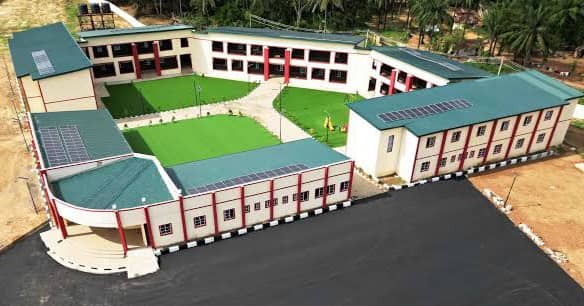Imagine a future where every child, regardless of background, has access to a world-class education—one that nurtures creativity, critical thinking, and technical expertise from an early age. Picture classrooms equipped with digital whiteboards, students engaging with Artificial Intelligence and Robotics, and an education system seamlessly integrating cutting-edge technology with practical skills. This is not a …


